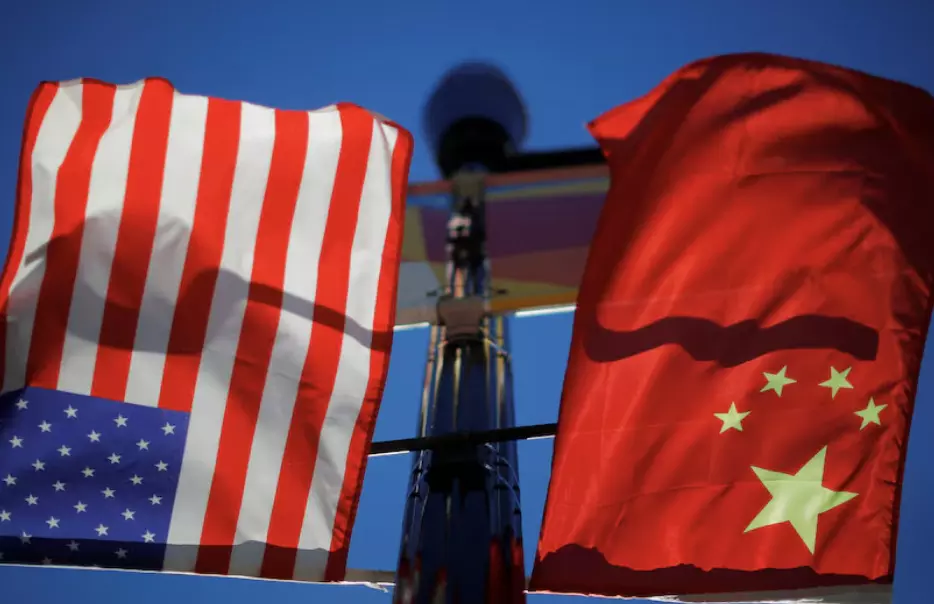China imposes Visa restrictions on US officials over Tibet-related issues
China imposes Visa restrictions on US officials over Tibet-related issues

China announced on Monday that it has imposed visa restrictions on certain US officials in response to similar measures by Washington over Tibet-related matters.
Speaking at a media briefing, Chinese Foreign Ministry spokesperson Lin Jian stated that the move targets US personnel who have acted “egregiously” on issues concerning Tibet, which China refers to as Xizang. He emphasized that Tibet affairs are an internal matter for China.
“In accordance with the Law on Foreign Relations of the People’s Republic of China and the Anti-Foreign Sanctions Law, China has decided to impose visa restrictions on US personnel who have interfered in Xizang-related matters,” Lin said.
The Chinese action comes after the United States announced on March 31 that it would implement additional visa restrictions on Chinese officials. US Secretary of State Marco Rubio said the sanctions would apply to officials “substantially involved” in restricting foreign access to Tibet.
According to the Hong Kong-based South China Morning Post, the US restrictions were made under the Reciprocal Access to Tibet Act of 2018, which allows the US to deny visas to Chinese officials who prevent American diplomats, journalists, and other international observers from entering Tibetan areas. The US has accused China of long denying such access, while allowing its own diplomats and journalists broad freedom in the United States.
In response, Lin reiterated China’s stance, stating, “We welcome friends from foreign countries to visit, travel, and do business in China’s Xizang region. However, we oppose any individual or country using human rights, religion, or culture as a false pretext to interfere in Xizang affairs.”
He added that China firmly opposes “interference and sabotage by individuals with ulterior motives who seek to exploit visits to Xizang for such activities.”
This is the latest exchange of tit-for-tat measures between the two countries, reflecting ongoing tensions in US-China relations.

